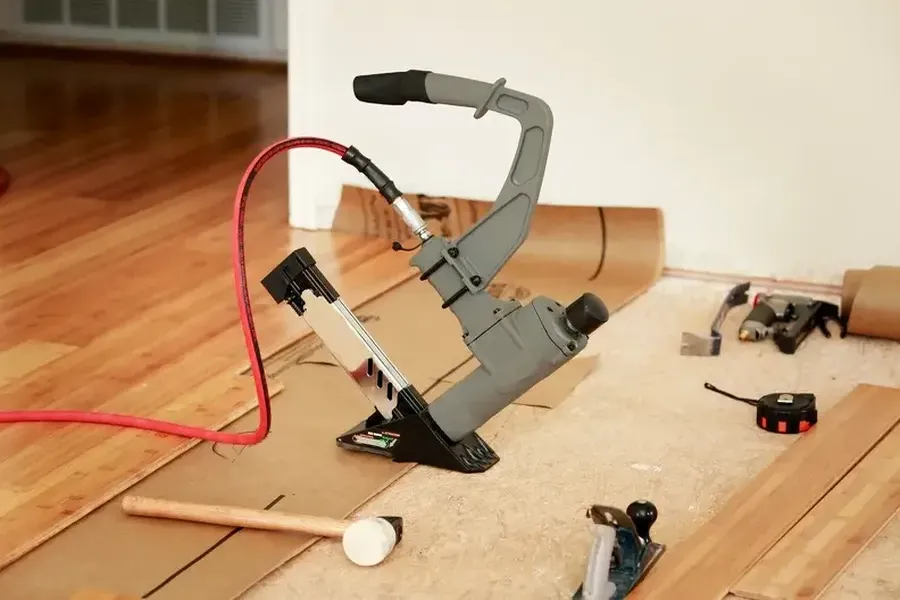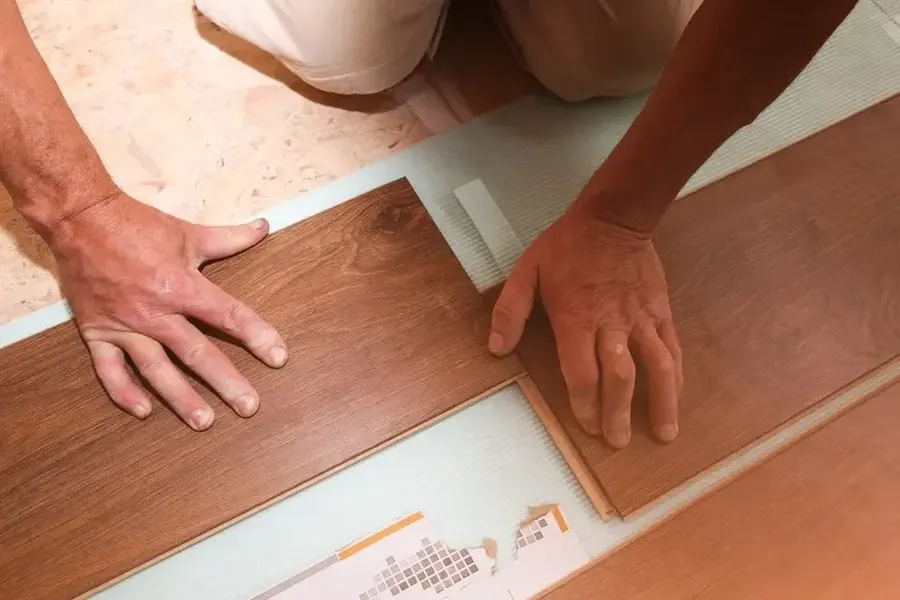Understanding How Water Can Damage Your Floors
Floors are a crucial part of any building, offering structure and aesthetic appeal. However, moisture can severely impact their durability. Whether it’s from flooding, spills, or humidity, water poses a significant risk. Understanding how moisture affects floors is essential to maintaining their condition over time. This article will explore the various ways moisture can lead to floor deterioration and provide insights into prevention strategies.

The Effects of Moisture on Different Flooring Types
Different flooring materials respond to moisture in distinct ways. Hardwood may warp or swell, while carpeting might become a breeding ground for mold. Tile flooring could suffer from compromised grout lines, leading to shifts or cracks. Each type needs unique care to address these challenges effectively. Recognizing how your specific floor type reacts to moisture is the first step in protecting it from damage.
Why Timely Floor Repair Is Essential
Once moisture has affected your floors, prompt action is vital. Delaying floor repair can lead to more extensive damage over time. For example, untreated wet spots on wood floors can develop into rot, requiring complete replacement instead of minor repairs. Early intervention helps preserve the integrity of your floors and saves money in the long run by avoiding larger renovations.

Signs That Indicate a Need for Floor Repair
Spotting early signs of moisture-related issues can prevent severe damage. Look for warping, discoloration, or musty odors as indicators that floor repair might be necessary. Peeling laminate or soft spots in carpeted areas also signal potential problems. Addressing these issues promptly ensures they don’t escalate into something more destructive.
Preventing Moisture Damage With Effective Strategies
Prevention is key when dealing with moisture-related floor issues. Here are some effective strategies:
- Ensure proper sealing of all floor materials
- Use dehumidifiers in areas prone to high humidity
- Regularly check and repair plumbing leaks
- Avoid excessive use of water during cleaning
By implementing these preventive measures, you can prolong the life of your floors and keep them looking pristine.
Best Practices for Maintaining Floor Health
Maintaining floor health involves regular inspections and upkeep. Ensure frequent cleaning using appropriate methods for each flooring type. Use mats and rugs in high-traffic areas to minimize wear and tear. Regularly inspect under heavy furniture for trapped moisture. Following these best practices helps in sustaining the floors’ appearance and longevity.
The Importance of Professional Assessment
While DIY methods can address minor issues, professional assessments provide comprehensive analysis and solutions. Experts have the tools and knowledge to identify hidden problems that might not be immediately visible. They can offer customized solutions tailored to your specific flooring needs, ensuring thorough protection against future moisture damage.
Cost Considerations When Addressing Floor Deterioration
Tackling moisture-related issues may involve costs, but it’s an investment in your property’s value. The expenses depend on the extent of the damage and the chosen method of repair or replacement. Weighing the cost against potential future savings from avoided major repairs can help you make informed decisions about maintaining your floors.
Your Next Steps for Ensuring Long-Lasting Floors
If you’re concerned about moisture’s impact on your floors, taking proactive steps is essential. Contact Roca Services General Contractor at (919) 314-7178 to schedule a professional consultation. Our team, located in Durham, NC, is ready to assist with expert advice and services tailored to your needs.